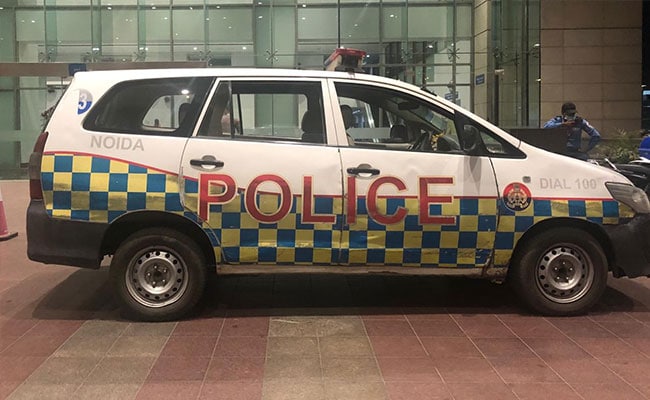
Arvind Kejriwal’s iPhone and ED: Apple refuses to unlock iPhone for government 3 times
By Surja | Published | No Comments
In recent years, governments around the world have repeatedly asked Apple to assist investigations by unlocking defendants’ iPhones, with some even going to court to try to persuade Apple to follow their instructions. The company also revealed that it had indeed cooperated with the government on about 70 such incidents in the past. Recently, however, Apple has simply refused these requests, demonstrating the value it takes on privacy.
Also read: Apple sued by U.S. Department of Justice – Why the iPhone monopoly argument doesn’t make sense
1. Anti-drug operations in 2016
In 2016, the U.S. government invoked the All Writs Act, a 227-year-old law that requires third parties to assist in fulfilling previous court rulings. While it’s a general law, the U.S. government asked Apple to unlock the iPhone 5c of a drug dealer accused of dealing methamphetamine. Although prosecutors have a search warrant for the iPhone, it is locked with an unbreakable passcode, prompting them to urge a court to convince Apple to unlock it. However, Apple refused to comply with these demands, and a Brooklyn judge later ruled that Apple did not have to do so.
2. San Bernardino attack
In another case in 2016, the FBI urged Apple to unlock the iPhone 5 belonging to one of the gunmen involved in the 2015 San Bernardino attack that killed 14 people. Apple refused, telling the FBI that it had provided the data in its possession and that it could not access the contents of the locked and encrypted iPhone. The FBI simply wanted to install a master key that would allow them to guess iPhone passwords over and over again without encountering security warnings.
In an email to employees, Apple CEO Tim Cook called on the U.S. Department of Justice to withdraw the order, saying, “It affects the data security of hundreds of millions of law-abiding people and sets a dangerous precedent that threatens everyone.” Individual civil liberties.” “.
Also read: Apple may finally listen to Google and bring RCS to iPhone soon
3. FBI attempts
Although not related to the specific case, the FBI has long pursued Apple, urging it to install backdoors in iPhones through special versions of iOS that would allow security agencies to access the device. However, Apple has flatly rejected these requests in all cases, claiming that it would compromise the security of millions of iPhone users around the world. While it could help security agencies in some cases, it’s unknown if criminals would also use it to steal other people’s data.
And one more thing! We can now use WhatsApp channels! Follow us so you don’t miss any updates from the world of technology. To follow the HT Tech channel on WhatsApp, click here Join now!
Follow us on Google news ,Twitter , and Join Whatsapp Group of thelocalreport.in




